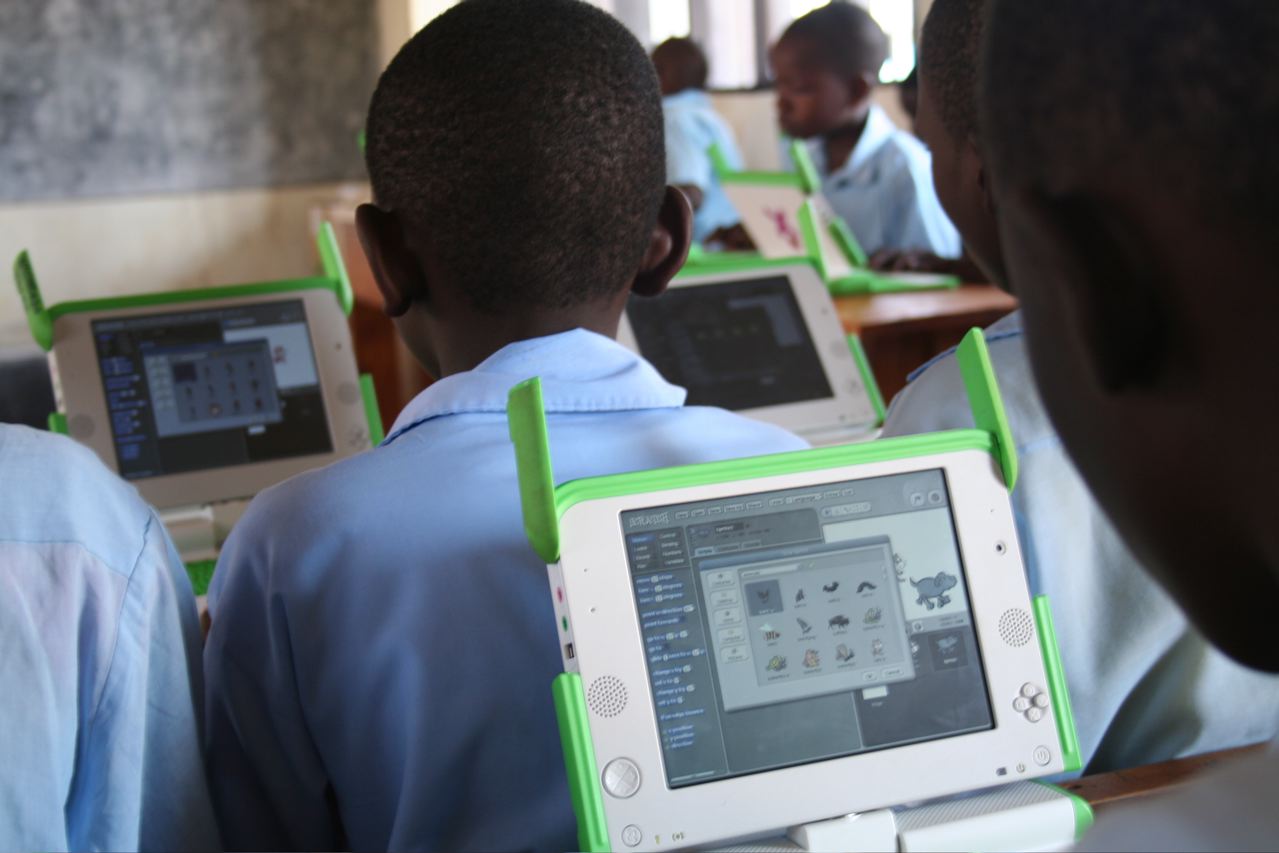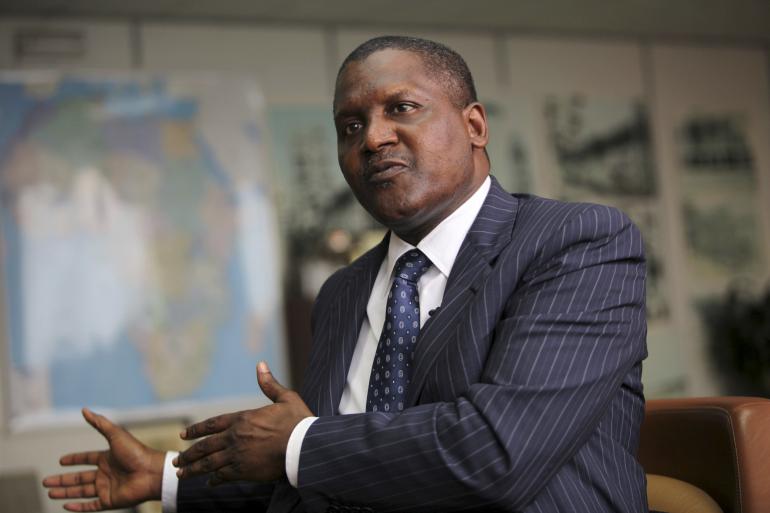Africa yields a greater return on foreign direct investment than any other developing region. The world, business executives and investors must pay sit up and pay attention.
If Africa were on a heart machine – our pulse certainly would be healthy or could it be a sign of over activity without knowing the source? The continents Real GDP rose by 4.9 percent year-on-year from 2000 – 2008. The services, mobile telecommunications, retain banking, retailing, agriculture diversification and construction is booming. Private-investment inflows are surging.
Despite Africa’s 50-plus individual economies facing serious challenges like poverty, disease, and high infant mortality and lack of basic services, her collective GDP was $1.6 trillion in 2008, is now roughly equal to Brazil’s or Russia’s. Further constraints are to keep an eye on are our lack of infrastructure, especially for inter-border locked countries. Couple that with continuous illegal outflows from the resource sector, it brings light to why there exists a disparity between fiscal growth and growing inequality.
Africa is suffering more than just a resource boom. Besides commodities, prices for minerals, grain, and other raw materials also soared on rising global demand. Let’s pinpoint Africa’s growth, but let us also pinpoint it’s lack of impact.
Africa’s natural resource sector and related government spending generated 32 percent of Africa’s GDP growth from 2000 to 2008. The remaining two-thirds came from the wholesale and retail, transportation, telecommunications, and manufacturing. Economic gains catapulted in 27 of its 30 largest economies.
The Keys to African Growth
- Government action to end armed conflicts
- Improve macroeconomic conditions
- Implement microeconomic reforms for businesses (especially SME’s)
- Trimming foreign debt by one-quarter – shrinking budget deficits by two-thirds.
Some of the vitamins they used for the continents markets;
- Privatizing state-owned enterprises
- Increasing openness of trade
- Addressing and lowering corporate taxes
- Strengthening regulatory and legal systems and
- Providing critical physical and social infrastructure
These growth remedies for acceleration have somewhat started to improve conditions for Africans people by reducing the poverty rate. Yet, several measures of health and education have not improved as fast. To lift living standards more broadly, the continent must sustain and in other areas increase the trajectory of growth above 7 percent.
Africa will need to learn as fast as its economic growth. An abundance of resources to this date has not drastically ended the poverty plight and also, given the fragile economy, Africa will be better off to “pace” their foreign investments in resource sectors. Projections of demand hard minerals show significant growth.
Africa boasts nestles on an abundance of resources: 10 percent of the world’s reserves of oil, 40 percent of its gold, and 80 to 90 percent of the chromium and the platinum metal group. This is compounded by recent oil and gas discoveries in west and eastern Africa.
One of the institutional challenges that Africa faces is the lack of experience at government and institutional levels, is the ability to translate investment into an acclimatized SME environments. Africa has an unbanked economy equates to 80% of the population and is set as a $1 trillion prospect.
A tricky research project is required to determine how much of Africa’s unbanked can as micro businesses be grown into small competitive and sustainable entities. It has been complete lack of governments and institutional gate-keepers responsibilities that has led to identifying growth nodes of Africa – but we have yet to translate this into wealth creation and a booming middle-class across the African continent.



